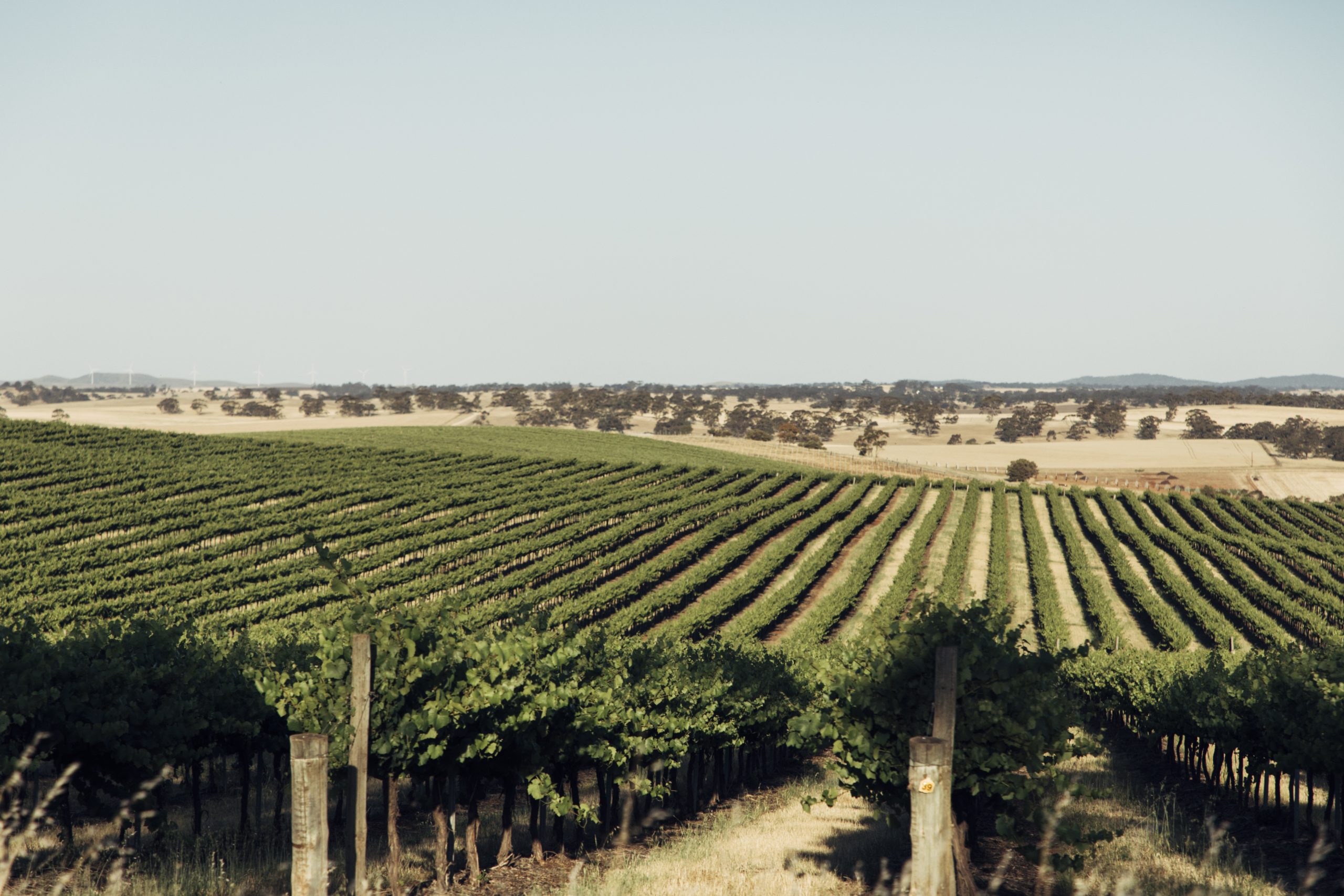This website uses cookies so that we can provide you with the best user experience possible. Cookie information is stored in your browser and performs functions such as recognising you when you return to our website and helping our team to understand which sections of the website you find most interesting and useful.
Sustainable Winegrowing Australia impact report shows positive improvement in eco measures
Sustainable Winegrowing Australia has released its annual impact report, with 79% of member wineries taking action to increase water efficiency and more than half of members dedicated to improving biodiversity.

Sustainable Winegrowing Australia has released its inaugural Impact Report detailing the programme’s national data set on the wide range of sustainable practices being successfully implemented by vineyards and wineries across Australia.
Sustainable Winegrowing Australia is a voluntary national sustainability programme for grapegrowers and winemakers, measuring, reporting and encouraging best practices in vineyards and wineries.
The programme is governed by the Australian Wine Research Institute, Australian Grape & Wine and Wine Australia, and has almost 900 member wineries.
Dr Martin Cole, CEO of Wine Australia, said of the report: “From the Hunter Valley to Margaret River, Australia is renowned for producing premium wine that is loved and respected around the world. This report demonstrates our deep commitment to championing global sustainability credentials, in line with increasing consumer demands and the strides international producers are taking in this space.”
Wine Intelligence’s ‘Opportunities in Alternative Wine’ 2022 report noted that more than half of regular wine consumers are driven by sustainability in their purchases.
The report found that 87% of vineyards and 79% of wineries have taken action to plan, monitor and reduce water use to maximise water efficiency.
Sustainable Winegrowing Australia is working towards a target of zero waste by 2050, with 72% of vineyards and 89% of wineries diverting waste from landfill.
Almost half (46%) of member vineyards are now using best practice soil and nutrient management, according to the report, and 58% of members are dedicating land to biodiversity enhancement.
Tony Battaglene, CEO of Australian Grape & Wine and Chair of Sustainable Winegrowing Australia, said: “By seeking out and purchasing wines from programme members or certified producers, international consumers can have every confidence they are supporting sustainable-minded growers and winemakers that are helping to shape the Australian and global wine sector for the better.”
Related news
A 'challenging yet surprising' vintage for Centre-Loire in 2024

